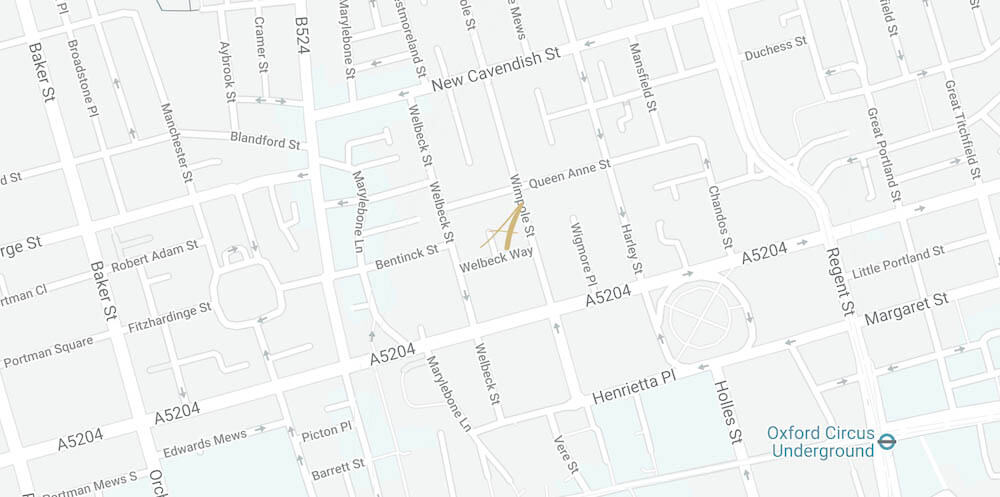PGT-A.
What is PGT-A?
PGT-A involves checking embryos for abnormalities in the number of chromosomes. Embryos with an abnormal number of chromosomes (known as aneuploid embryos) have less chance of developing into a baby or, less commonly, may result in a baby being born with a genetic condition. PGT-A identifies aneuploid embryos that are unsuitable for fertility treatment.
To do PGT-A several cells, from the embryo are removed, which is then tested for any chromosomal abnormalities. The embryo can still develop with fewer cells, as long as the removal of cells is done carefully.
Risks of PGT-A
Although current PGT-A techniques are mostly very accurate, the test may give the wrong result (it may miss an abnormality or detect one that isn’t there).
Using PGT-A may mean you have fewer embryos to use in treatment, or for freezing to use in treatment at a later date. If any healthy embryos are erroneously discarded in this process, you may have fewer chances to transfer an embryo which could develop into a healthy baby.
Removing cells from the embryo may damage it and prevent it from successfully developing once it’s been transferred to the womb.
Removing part of the embryo may cause changes in later growth in the womb, which may cause problems in later life, although so far there is no evidence this is the case.
In some cases, cells within the same embryo are not chromosomally identical (known as ‘mosaic’), which means that PGT-A may show that the embryo has chromosome abnormalities when in fact it’s capable of producing a normal pregnancy or vice versa. In some clinics, mosaic embryos are considered for transfer, even though they show some chromosomal abnormality.
Evidence
There are five RCT’s looking at PGT-A but with contrasting conclusions, different populations and different endpoints. Two more recent studies look at larger numbers of couples. A study by Munne 2019 highlighted a subgroup analysis in older patients which appeared to show a benefit in terms of PGT-A in terms of a decreased miscarriage rate, although this was not an outcome that the study set out to investigate.
There is no evidence from RCTs that PGT-A increases the chances of having a baby for most patients undergoing IVF. It appears possible that reduced availability of embryos for transfer following PGT-A may counter any benefit of embryo selection.
There have been no RCTs conducted where the main objective of the study was to assess the effect of PGT-A on the rate of miscarriage. There is some evidence that suggests PGT-A may be beneficial for certain categories of women, particularly older women, in relation to a potential reduction in miscarriage
Although PGT-A cannot increase your chances of a live birth in any given cycle it may decrease your time to pregnancy. Transfer of an euploid embryo is less likely to give rise to a miscarriage. For this reason, it is important to discuss your individual circumstances with your doctor.
Current HFEA grading
For more information, please visit the HFEA website




